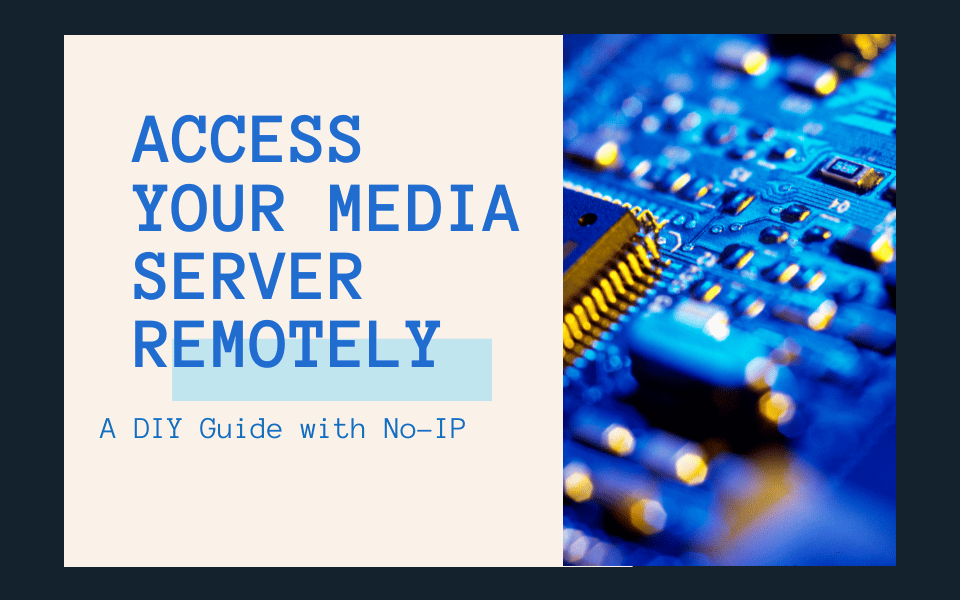Find the best DDNS provider for your small business and how to give your small business the edge with remote access, security cameras and IoT devices.
Continue ReadingChoosing the Best DDNS Provider for Your Small Business
8 Things to Consider When Choosing the Best DDNS Provider
With so many DDNS providers out there, how do you find the most reliable, secure, and beneficial option? Here’s a snapshot of how you can evaluate.
Continue ReadingHow to Pair The Best DDNS Provider to Your Needs
Explore which DDNS provider fits your needs best. Whether you’re a remote worker, small business, enterprise, or gaming enthusiast, there is an option for you.
Continue ReadingAdding a DNS Twist to Your Birdhouse
In this blog post, we’ll guide you through the process of building a birdhouse camera—a high-tech twist to the traditional birdhouse.
Continue ReadingAccess Your Media Server Remotely: A DIY Guide with No-IP
Imagine accessing your entire media library no matter where you are. With our guide, you can turn your Raspberry Pi 4 into a powerful media server.
Continue ReadingBuilding a DIY Weather Station with Your Kids and No-IP: A Fun and Educational Project
Unlock the secrets of weather prediction with a DIY weather station powered by No-IP’s Dynamic DNS service.
Continue ReadingThe DDNS Consumer Intelligence Report: No-IP’s E-Book on DDNS Services
Knowledge is power, especially when it comes to choosing a DDNS service provider. No-IP’s new e-book, “The DDNS Consumer Intelligence Report,” is your ticket to becoming a DDNS expert.
Continue ReadingBuild a Remote-Controlled Car with Dynamic DNS (DDNS) for Summer Fun
Get creative this summer with your kids by building a remote-controlled car. Learn how to control it from anywhere using No-IP’s Dynamic DNS service. Follow our step-by-step guide for an exciting and educational project!
Continue ReadingHappy Systems Administrator Appreciation Day!
Happy SysAdmin Appreciation Day to the superheroes behind the scenes! Your technical and problem-solving abilities keep businesses thriving.
Continue ReadingShape Our Future: Share Your No-IP Experience on Trustpilot!
At No-IP, we are committed to providing top-notch services that empower you to thrive in the digital world. As part of our ongoing efforts to improve and enhance our offerings, we are excited to invite you to play a crucial role in helping customers find No-IP.
Continue Reading








